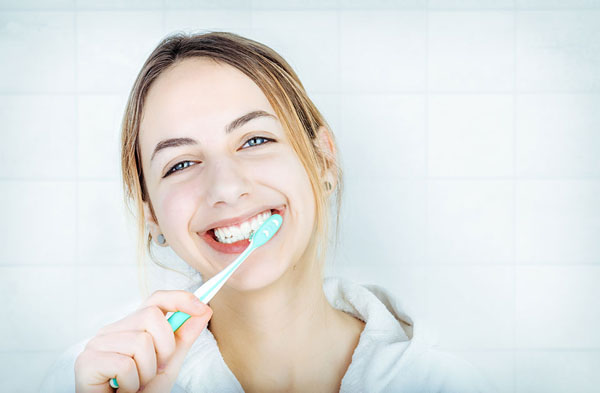Ensure Your Dental Sealants Last
Dental sealants are a game-changer in maintaining a healthy smile. By offering a protective shield against tooth decay, these thin plastic coatings can make a world of difference for your teeth. But how do you ensure their longevity and effectiveness? Our dentist has created a helpful dental sealant aftercare guide to ensure they can last as long as possible.
If you have any questions, or you’re looking to schedule an appointment, contact our Wasilla dental office by calling (907) 373-2440 to get started.
Dental Sealant Care
Oral Hygiene Practices
The key to sustaining your dental sealants and keeping your teeth healthy is regular brushing and flossing. Brushing your teeth at least twice a day, along with flossing, helps remove food particles and plaque from your teeth, ensuring that your sealants continue to protect your teeth from cavities. You’ll also want to make sure you’re visiting our dentist twice a year for regular checkups and cleanings.
These appointments allow our dentist to assess the condition of your sealants and address any untreated decay or fillings, ensuring that your teeth remain in good condition and cavity-free.
Choosing the Right Toothpaste
Choosing the correct toothpaste is a significant factor in extending the lifespan of your dental sealants. Look for a non-abrasive toothpaste that gently cleans your teeth without causing damage to the sealant material. Avoid fluoride toothpaste, as it can impact the effectiveness of dental sealants in protecting your teeth.
One suitable toothpaste option for dental sealants is Arm & Hammer Advance White, which is less abrasive than other toothpaste, such as Colgate’s Optic White, and helps protect tooth enamel. The use of appropriate toothpaste can prolong the protective function of your dental sealants.
Foods and Habits to Avoid With Sealants
Hard and Sticky Foods
Hard and sticky foods can be an enemy of dental sealants. They can cause wear and tear or even break the sealants, leading to reduced protection for your teeth.
Examples of foods to avoid include:
- Caramel
- Taffy
- Chewing gum
- Toffee
- Bubble gum
- Starburst
Remember, moderation is key. It’s not about eliminating these foods from your diet completely, but rather being mindful of their potential effects on your dental sealants. Moderating your intake of hard and sticky foods can contribute to the durability and efficiency of your sealants.
Chewing on Hard Objects
Chewing on hard objects, such as ice or pens, is a habit that can be detrimental to your dental sealants and overall oral health. These actions may cause chips, cracks, and other damage to a dental sealant, increasing the likelihood of tooth decay and other oral health issues on the chewing surface.
Regular Dental Checkups
Monitoring Sealant Wear and Tear
Dental sealants are designed to last for an extended period, but like any protective measure, they’ll eventually need to be replaced as the material begins to wear away. During your regular dental checkups, our dentist will observe the wear and tear of your dental sealant to determine if replacement is required.
Addressing Untreated Decay or Fillings
During your regular dental checkups, our dentist will also inspect your back teeth, including your permanent molars, for untreated decay or fillings. These issues, if left unaddressed, can compromise your oral health and the effectiveness of your dental sealants.
Treatments for filling or untreated decay may include fillings, crowns, or root canals, depending on the severity of the condition. Timely treatment of these issues helps maintain the protective function of your dental sealants, ensuring a healthy, bright smile.
Frequently Asked Questions
Do sealants need to be replaced?
Sealants only last for around five years, so they must be replaced regularly. They can’t be used on teeth with existing decay or fillings. Poor placement can lead to bacteria build-up and cavities, so sealants must be done properly.
Are dental sealants only for children?
Dental sealants aren’t just for children, they can be beneficial for both adults and children depending on the individual’s dental needs.
Contact Our Wasilla Dentist Today for an Appointment
With proper care, dental sealants can last as long as five years and aid in cavity prevention. If you or your child could benefit from tooth sealants, contact our dentist in Wasilla today at (907) 373-2440 to get an appointment scheduled. We can’t wait to assist in helping you achieve a healthy, beautiful smile.


